
Browse all content tagged with this keyword.
Showing 118 results
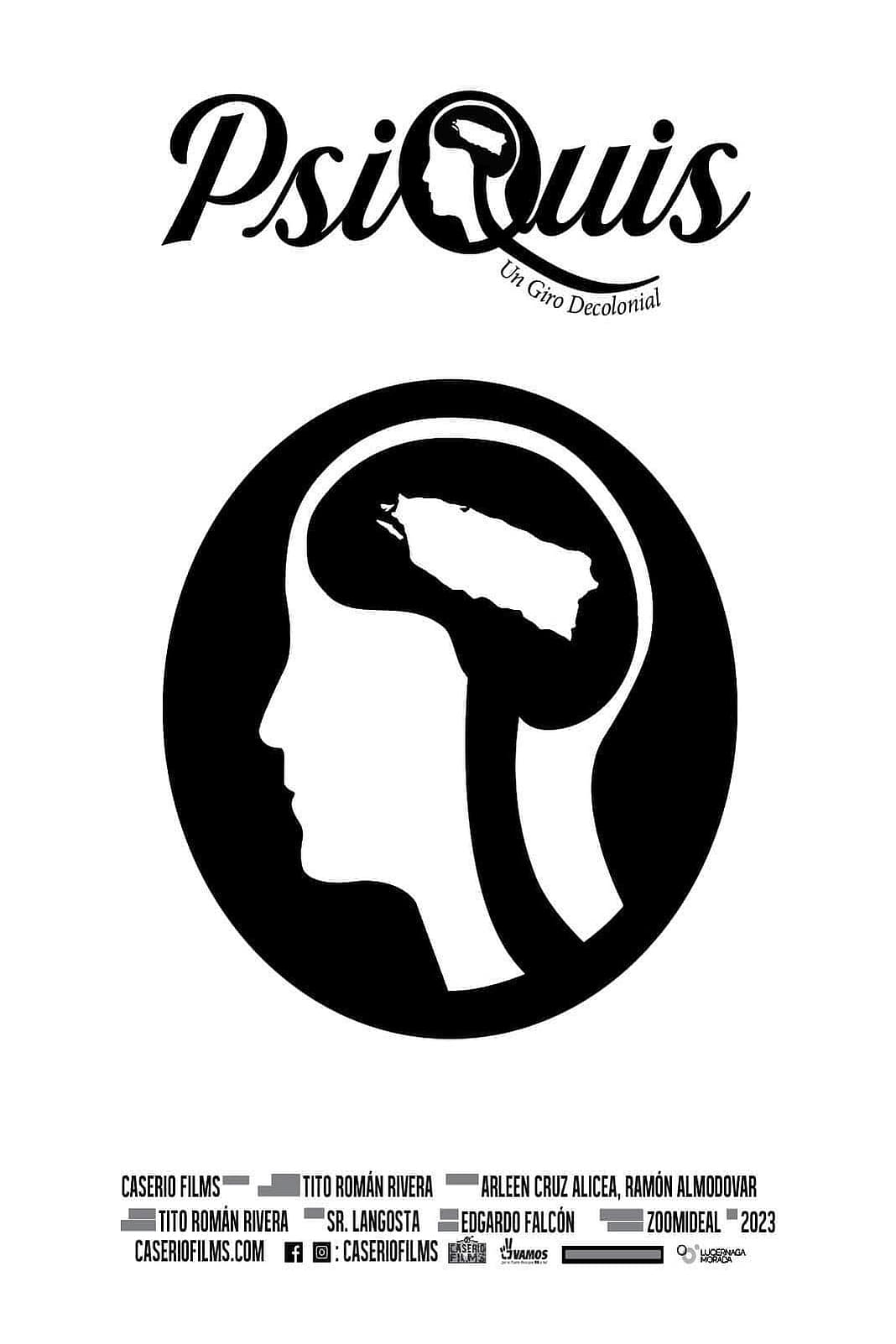
PsiQuis: Un Giro Decolonial is a documentary that presents and...
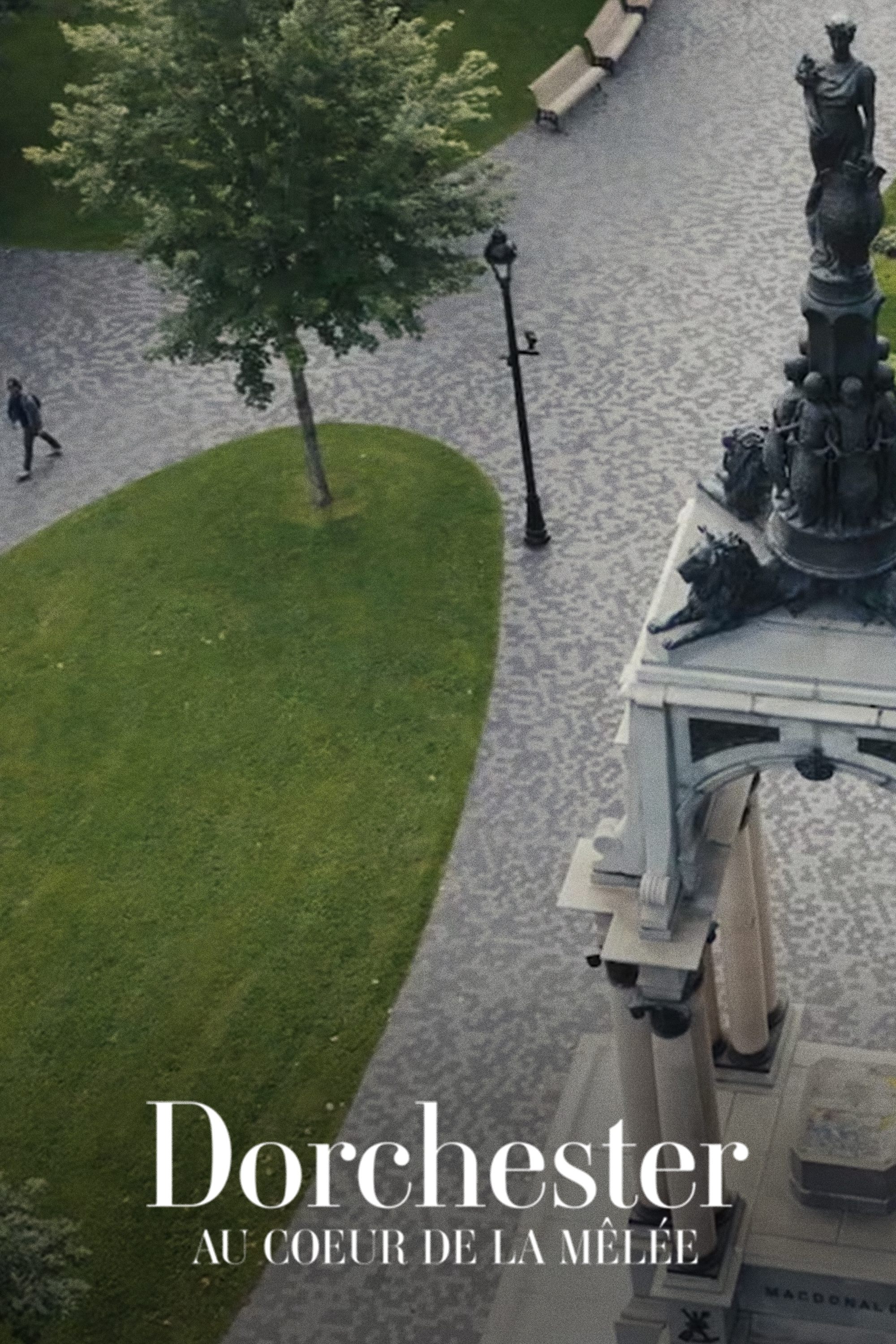
Under Dorchester Square in Montreal lies the cemetery where 55,000...
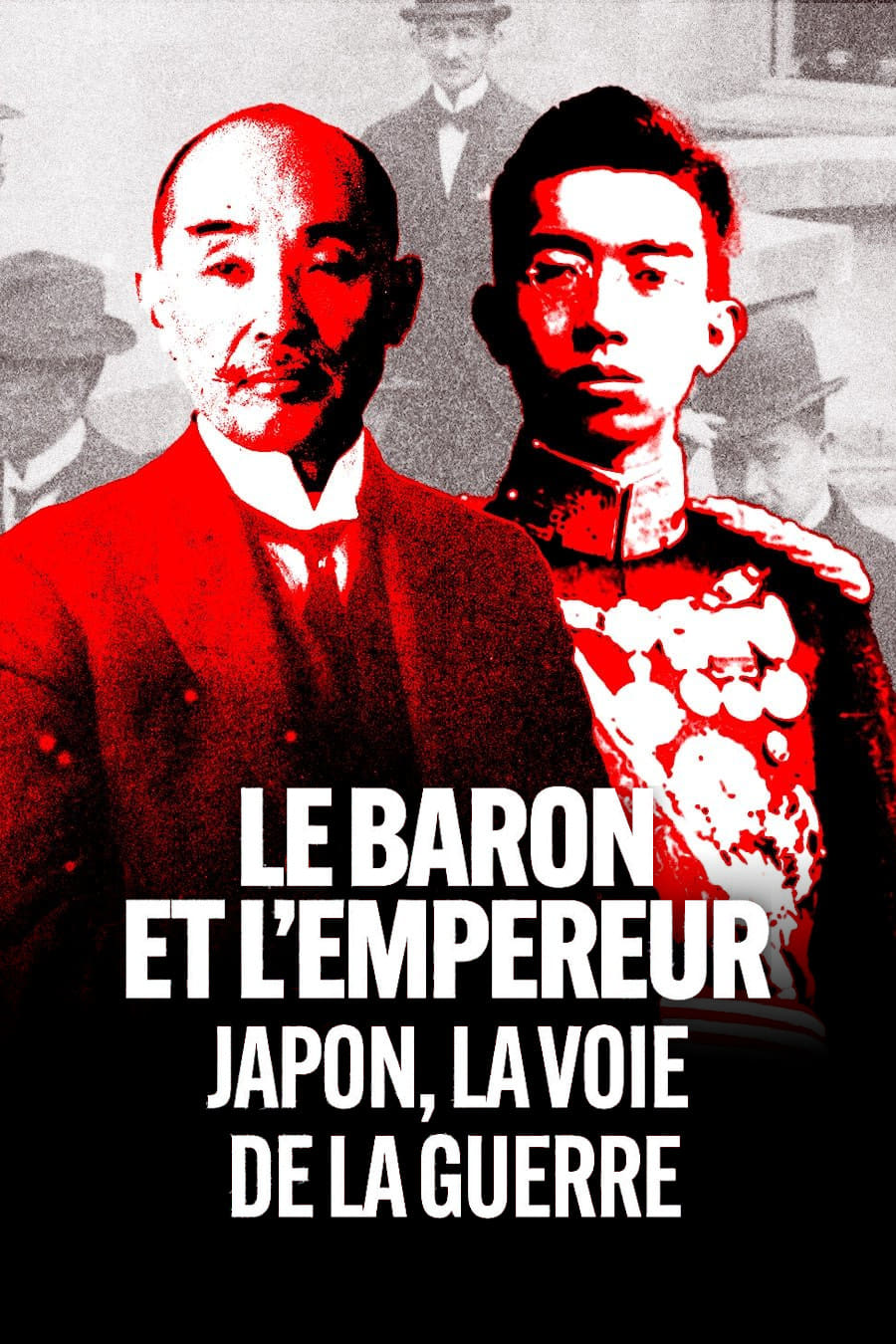

An exhaustive explanation of how the military occupation of an...

Hacking at Leaves documents artist and hazmat-suit aficionado Johannes Grenzfurthner...
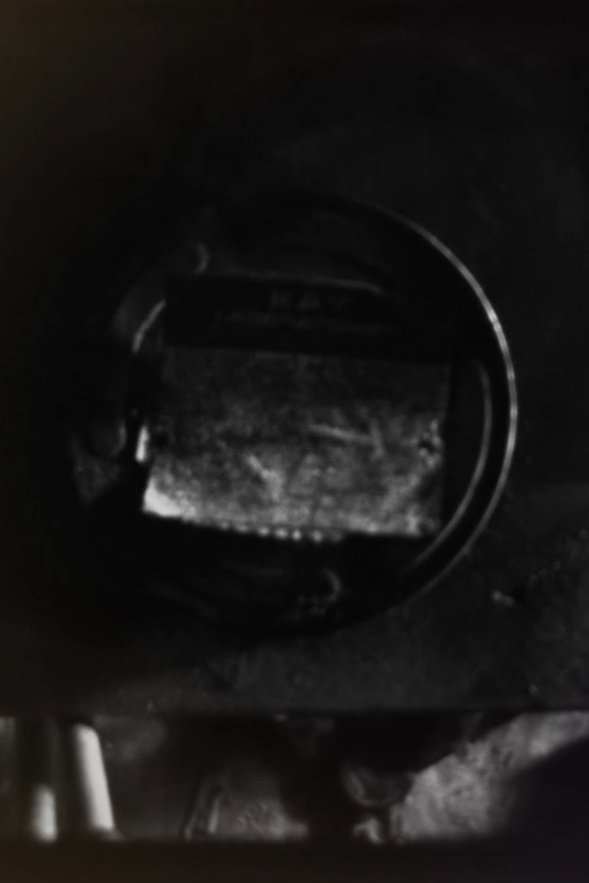
With a forensic lens, Onyeka Igwe's A So-Called Archive interrogate...
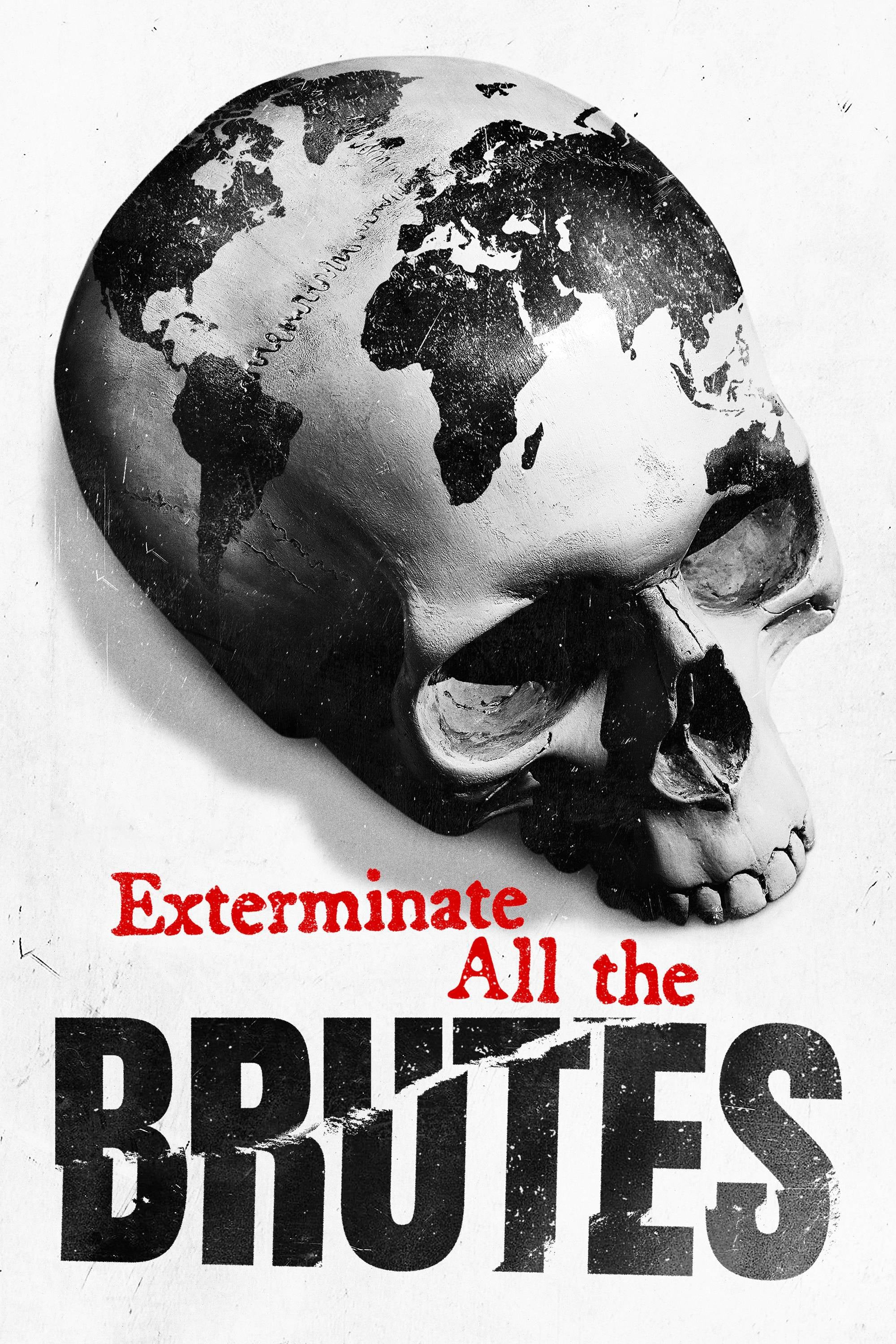
Hybrid docuseries offering an expansive exploration of the exploitative and...
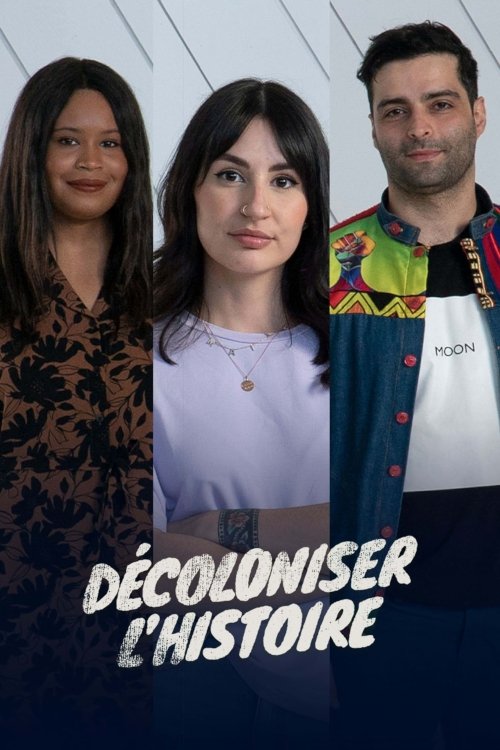
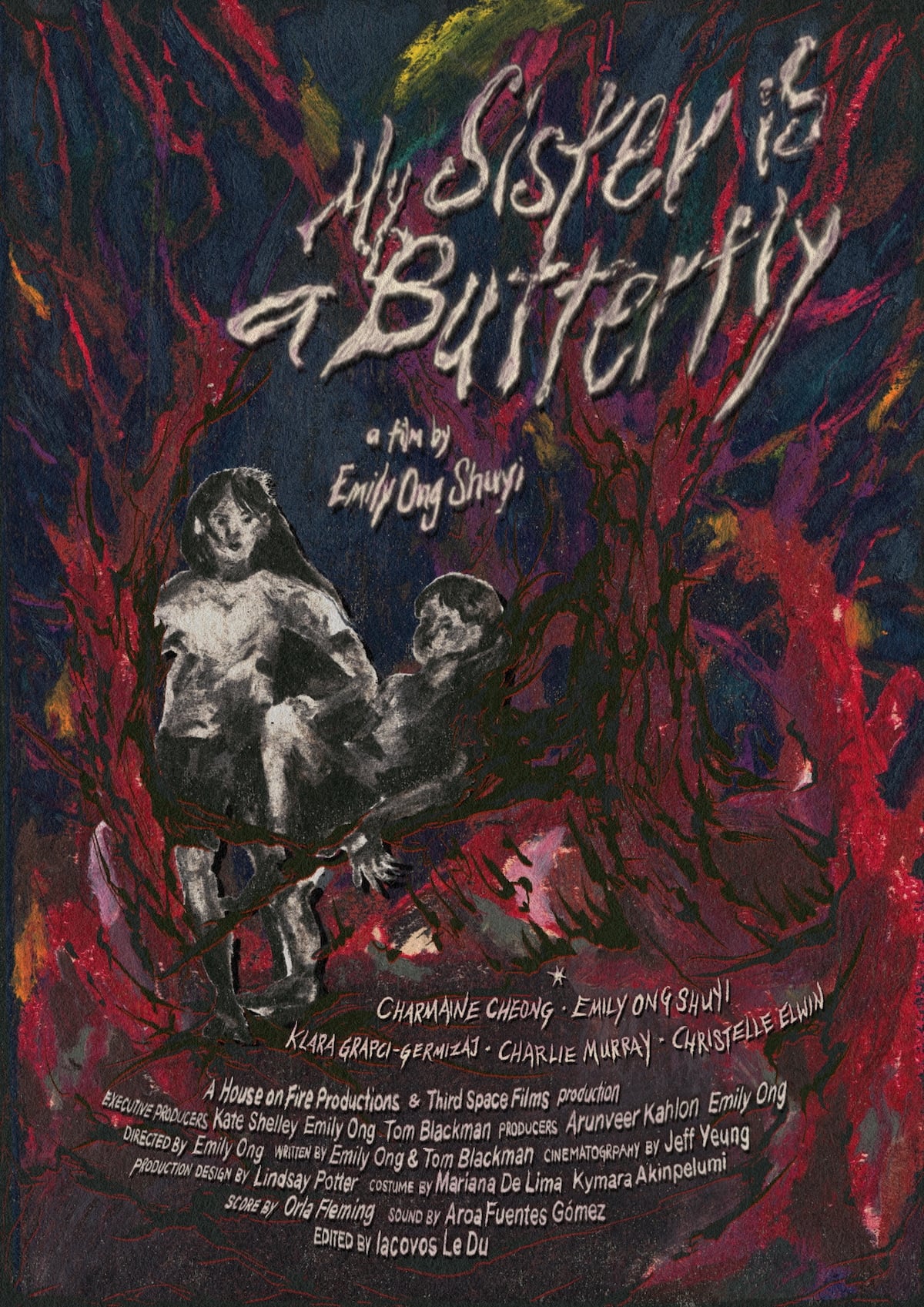
17-year-old Giddy spends a week in England seeking reconnection with...

In Portugal, during the night of April 24-25, 1974, a...
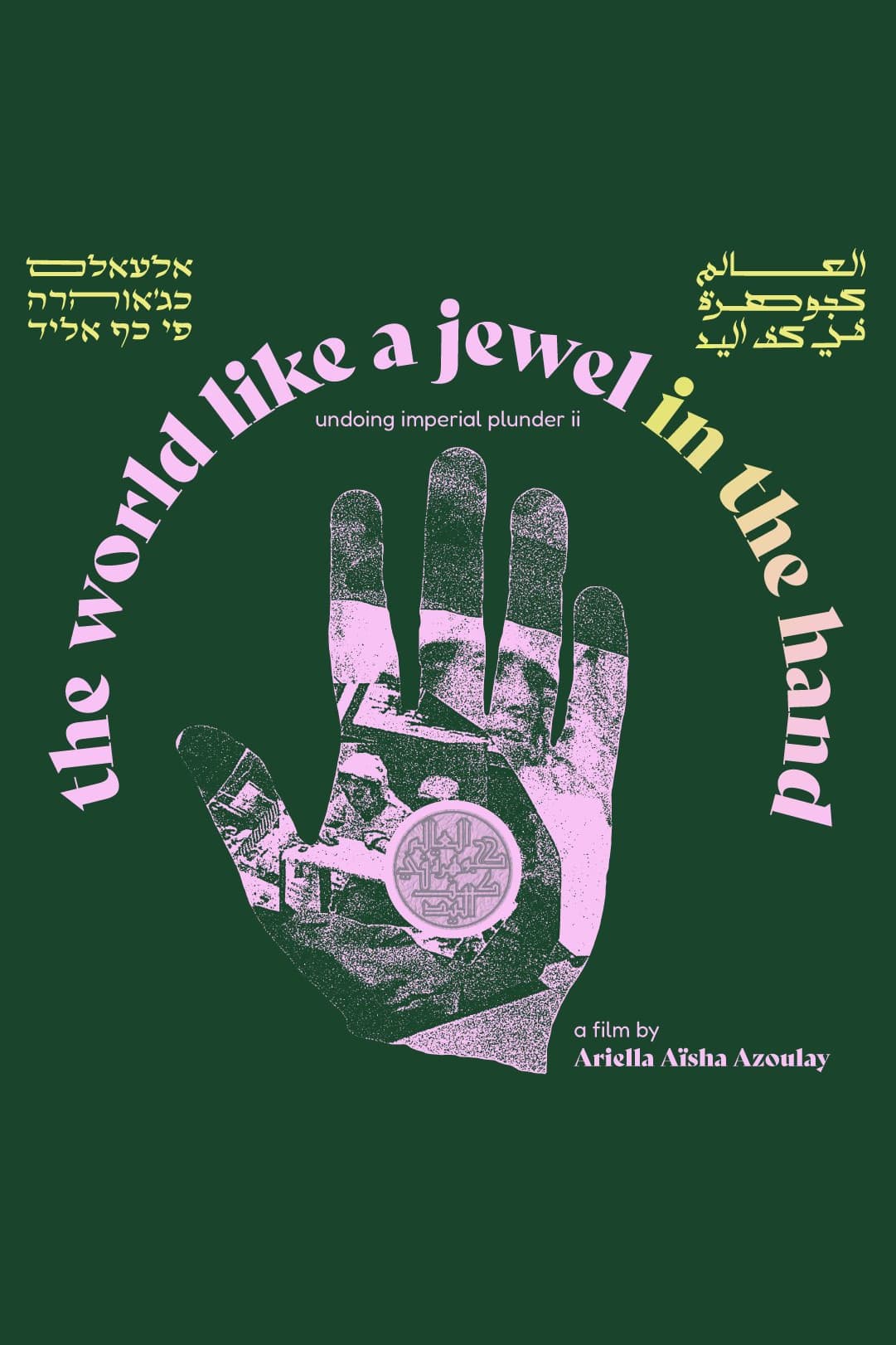
This film travels over open books, looted objects and postcards...
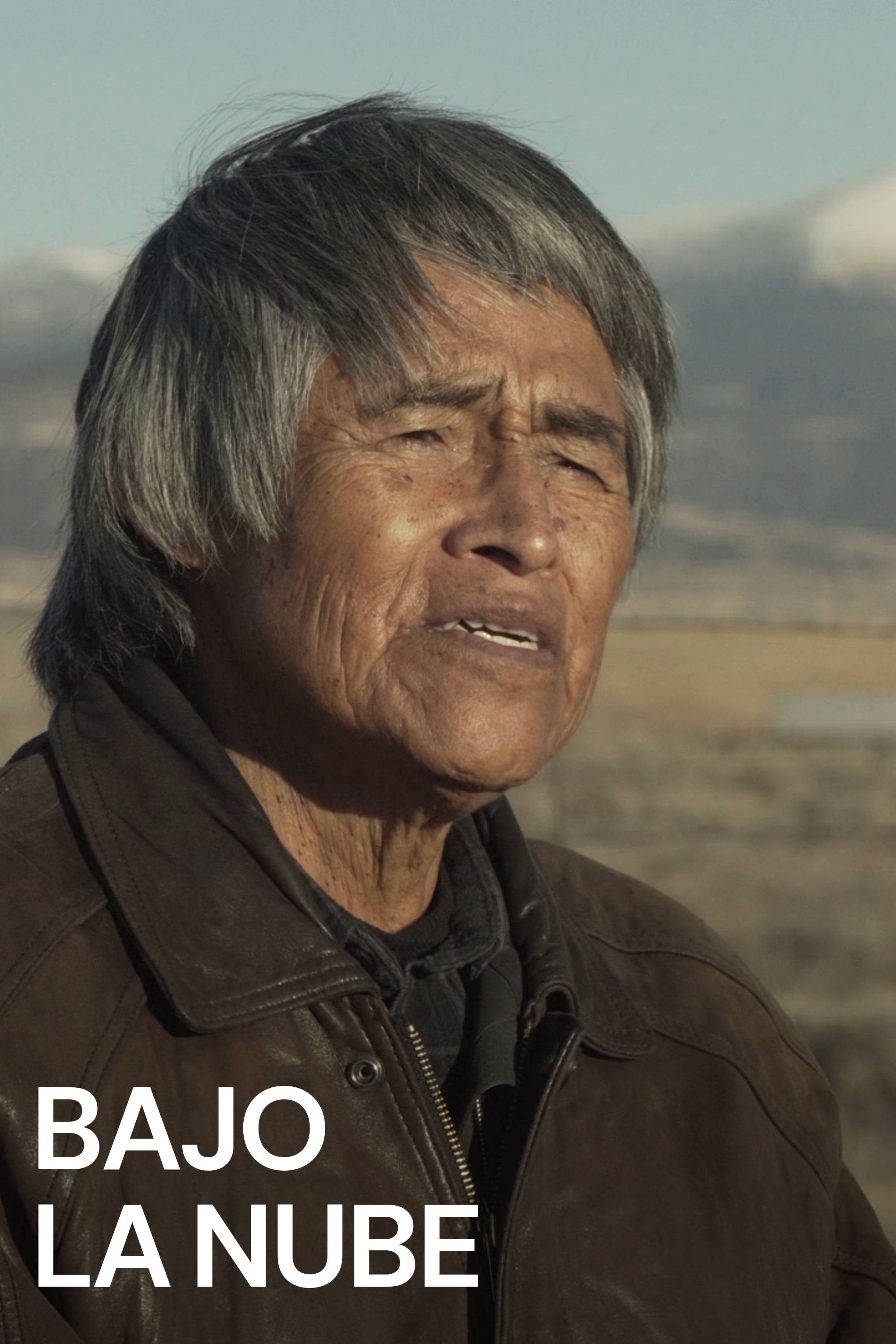
An investigation into the unfolding history of nuclear testing, uranium...